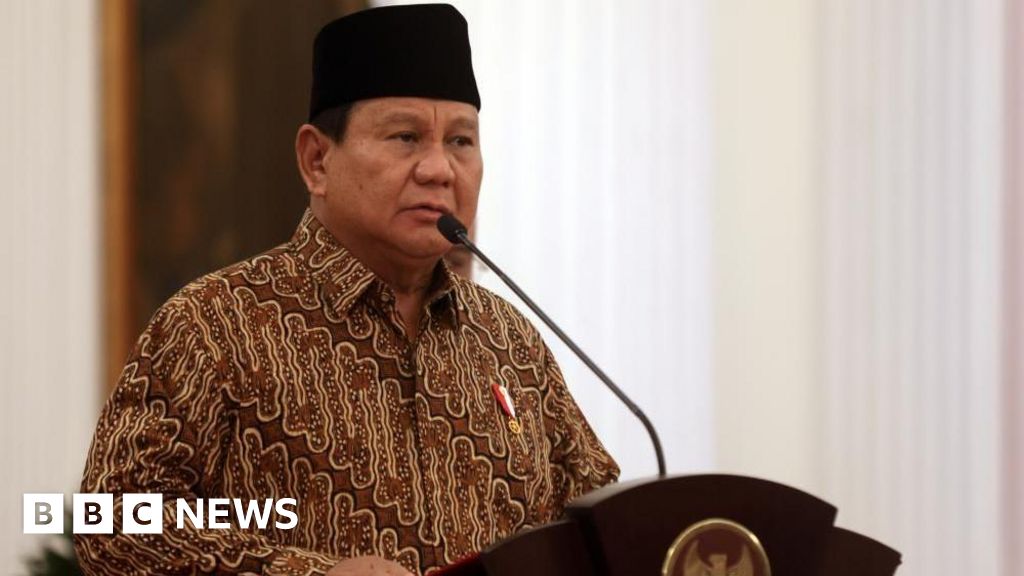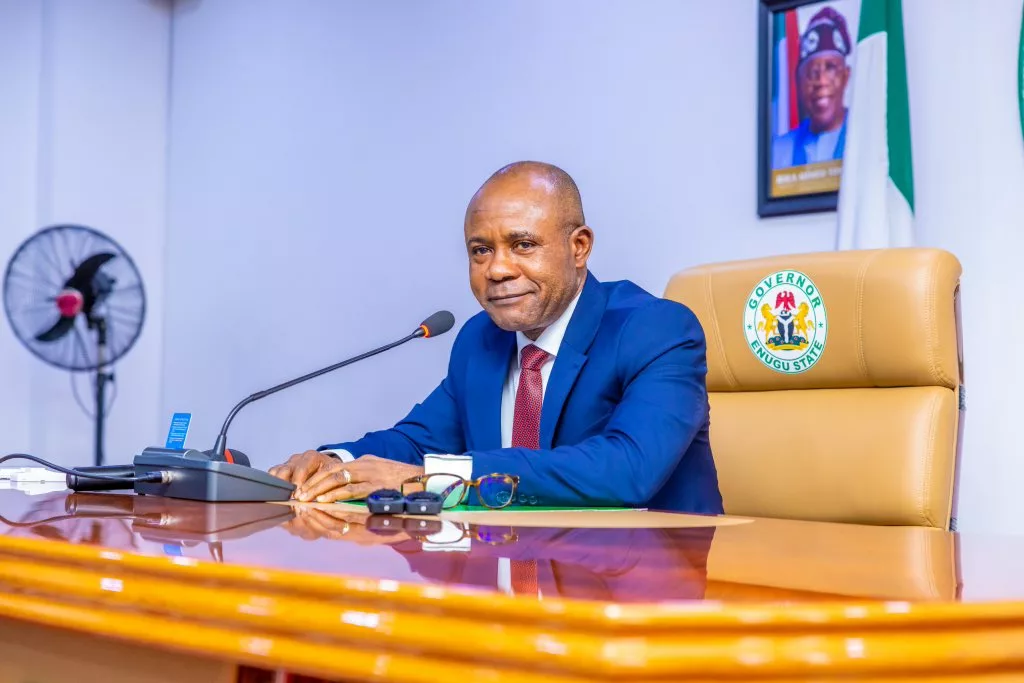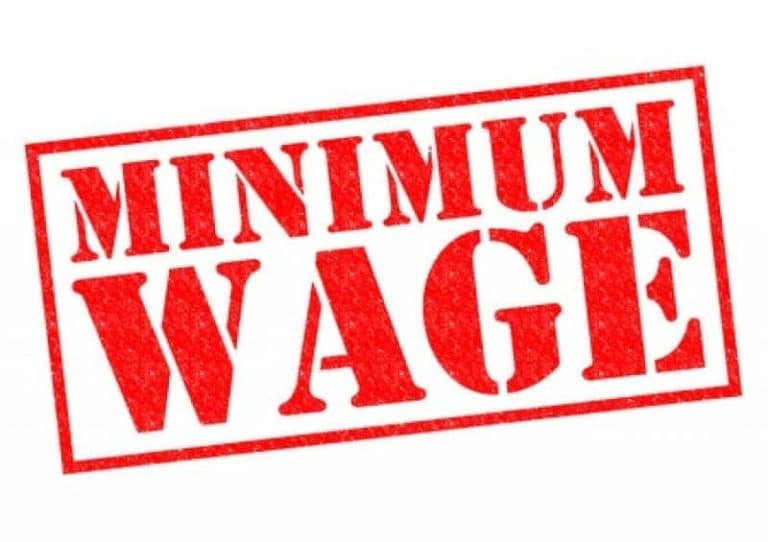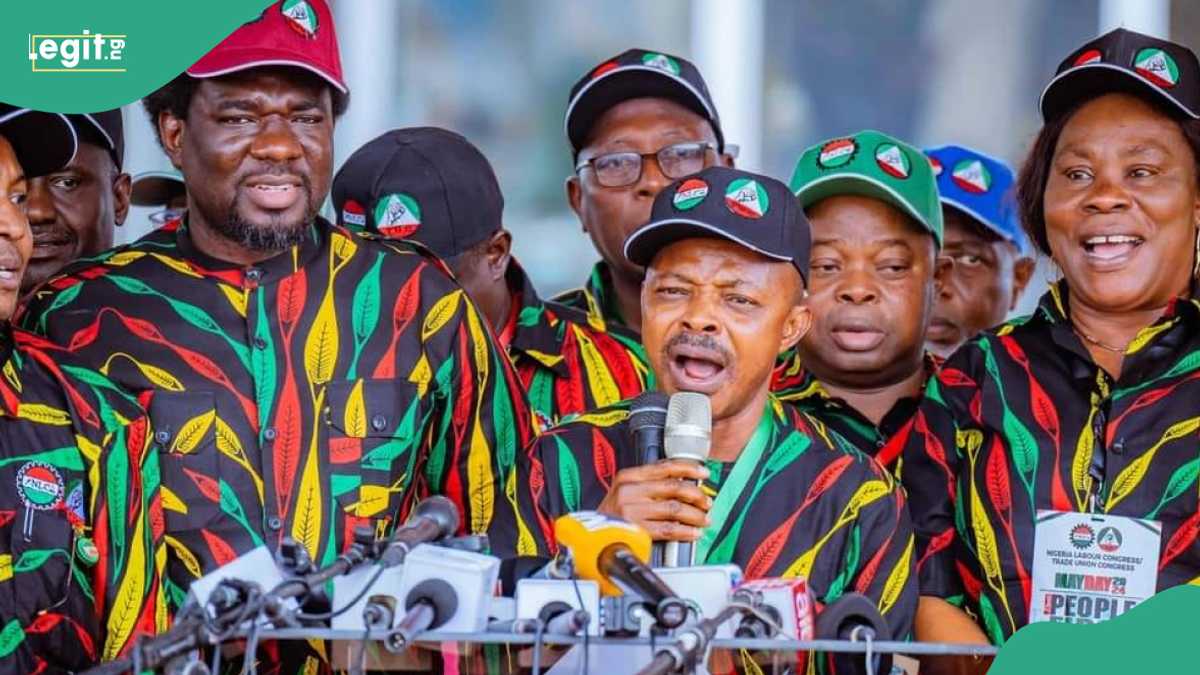The price of Liquefied Petroleum Gas (LPG), commonly known as cooking gas, continues to rise, causing Nigerians to express concern about its impact on their expenses.
Many residents of the Federal Capital Territory (FCT), in an interview with the News Agency of Nigeria (NAN) in Abuja on Sunday, said that the situation was affecting them hard.
One kg of cooking gas is being sold for between N1,260 to N1,500 depending on the location, and refilling a 12.5kg cylinder costs between N15,750 and N18,750 as against 12,500 to N13,000 in June and July.
The National Bureau of Statistics (NBS) latest cooking gas report for September showed that the average retail price for refilling a 5kg Cooking Gas cylinder increased by 4.19 per cent on a month-on-month basis from N6,430.02 recorded in August 2024 to N6,699.63 in September 2024.
Also, the average retail price for refilling a 12.5kg Cylinder of Cooking Gas increased by 4.89 percent month-on-month from N15,552.56 in August 2024 to N16,313.43 in September 2024.
Nnamdi Opara, a businessman and father of two, said he had to adjust his spending to accommodate the increase in the price of cooking gas.
“When the prices of things increase, I just try to adjust to accommodate that thing, especially if it is necessary like cooking gas.
“I have a 12.5kg cylinder but have not filled it to that capacity for some time. So, I buy 5kg or a little more, depending on my money.
“If I use just N16,000 to buy gas, then I won’t be able to meet other needs; it is not like income has increased, and we all know the economic situation.
“Government’s intervention is urgently needed so Nigerians can breathe because we are not breathing,” he said.
A civil servant, Memunat Ogunyemi, said the increased cooking gas had made some people return to traditional cooking options.
“When the government sensitised Nigerians on the need to stop deforestation and embrace the use of cooking gas, I discouraged my mum and family members from using charcoal and Kerosene, explaining that gas is faster and cleaner.
“At that time, a 12.5kg cylinder of gas was N6,500. Today, that same cylinder size is about N16,000 to N17,000, depending on your location.
“How many people and other expenses like food and transportation can afford it? My mum has returned to charcoal, and I also use a charcoal stove as an alternative.”
Ogunyemi added that the prices of accessories like cylinders, hose regulators, etc, had also increased.
A nurse and mother of three, Ella Joshua, said she could no longer afford to fill her 12.5kg cooking gas because of the continuous price increase.
“I have not been filling my 12.5kg for a long time because I can not afford it, I only manage to fill 6kg per time.
“I resort to cooking with charcoal if I have many dishes/food to cook, but unfortunately, the price of charcoal is skyrocketing too as a bag is currently sold at N10,000.
“The government needs to hear the cries of Nigerians,” she said.
Similarly, Happiness John, a businesswoman, said she had to use a charcoal stove as an alternative because of the increasing cost of cooking gas.
“I have a charcoal stove which we put behind the house and use to boil things like tomatoes, beans and cow tail because they take longer to cook.
“I cannot afford to use gas alone to cook, not when the present cost of 12.5kg is selling for N16,500 now in my area.”
A manager at a gas station, Kareem Mohammed, attributed the increase in cooking gas prices to low supply, adding that the local production was not sufficient to meet the demand.
“The federal government should address this issue of cooking gas production to ensure we produce enough here in Nigeria to meet the demands of the people,” he said.
Recall that the National Assembly recently called on the federal government to reverse the recently increased prices of cooking gas and petrol.
The call followed a resolution to a motion by the Minority Leader, Rep. Kingsley Chinda (PDP-Rivers), at plenary.
According to Chinda, the rising cost of petrol and cooking gas poses a significant threat to the livelihoods of millions of Nigerians and unchecked inflationary pressure caused by the increased prices
Experts have said the federal government needs to boost local production of LPG and address the foreign exchange issues to make importing the product cheaper so it becomes more affordable and accessible to Nigerians.

 2 hours ago
35
2 hours ago
35















 English (US) ·
English (US) ·